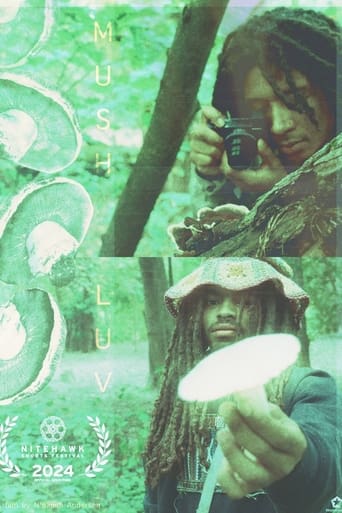

Mush Luv
Tony and Ajani, two mushroom foragers based in Minneapolis, spend the day foraging at a local park and musing on the power of nature.
How fungi can transform climate challenges into solutions.
How can we harness the power of mushrooms to fight climate change? In the American West, wildfires spread fast. To slow the flames, forest managers are thinning the forests. Cutting down trees. But where does all that wood go? Nearby on the agricultural prairie, soils sit degraded from generations of traditional farming. The soil lacks the organic matter they need to thrive. Could these two challenges provide solutions to each other— with a little help from Mother Nature? Peaks to Prairie is a short film about nature-based climate solutions and how mushrooms can play a key role.


Tony and Ajani, two mushroom foragers based in Minneapolis, spend the day foraging at a local park and musing on the power of nature.
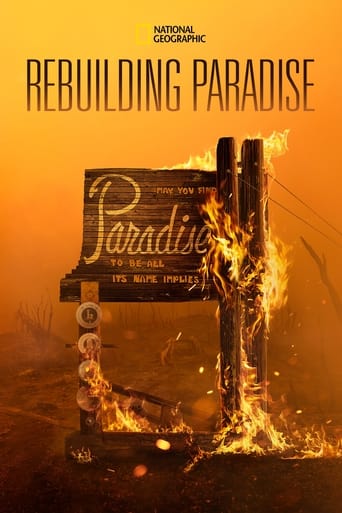
23 Jan 2020

On November 8, 2018, a spark flew in the Sierra Nevada foothills, igniting the most destructive wildfire in California history and decimating the town of Paradise. Unfolding during the year after the fire, this is the story of the Paradise community as they begin to rebuild their lives.

24 May 2006

A documentary on Al Gore's campaign to make the issue of global warming a recognized problem worldwide.
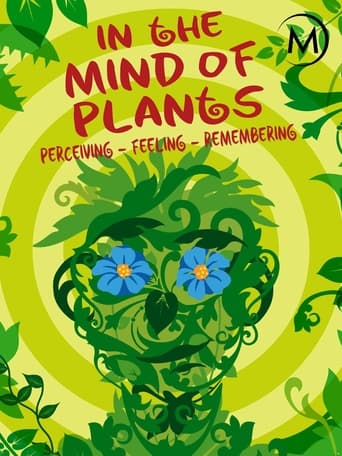
01 Jan 2009

Neurobiology has shown in the recent years that contrary to the traditional boundaries between animal and plants, plants can feel, move and even think. Over the recent years, a small but growing group of researchers from Austria, Germany, Italy, UK, Japan, South Africa and the USA, has developed a new scientific field of research: the neurobiology of plants. Their discoveries question the traditional boundaries set between the animal and the vegetable kingdom: plants are capable to develop the cognitive process claimed by humans and animals. If plants can move, and feel... Could they possibly think ? In a creative and captivating scientific investigation style, through spectacular specialist photography and CGI, and re-creating scientific experiments, this documentary is bound to change your own perception of plants.
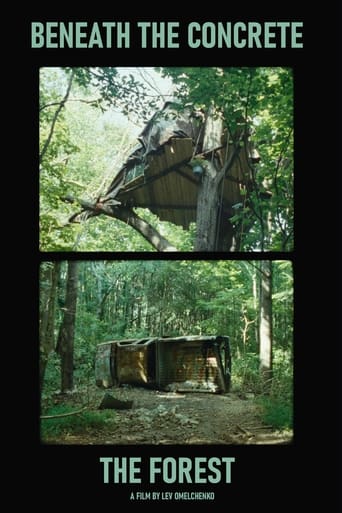
16 Feb 2023

“Beneath the Concrete, The Forest” is a short experimental documentary that takes us inside an ongoing struggle inside the city of Atlanta, GA between two sides to determine the future of Weelaunee, the biggest contiguous urban forest in the country.
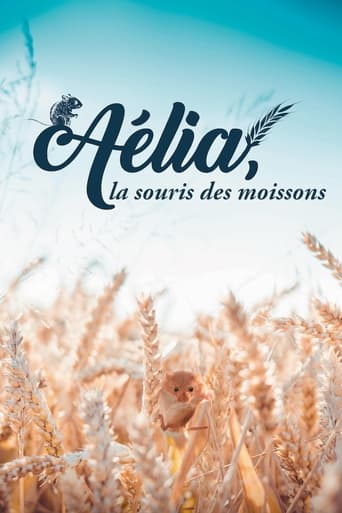
01 Jan 2021

No overview found
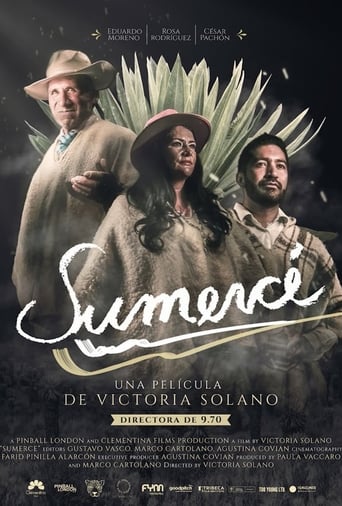
09 Jun 2019

Sumercé follows veteran activist Don Eduardo, rising political leader César Pachón and agricultural educator Rosita as they fight their government’s decision to allow companies to carve up the campesinos birthright in rural Colombia and the country's access to fresh water.
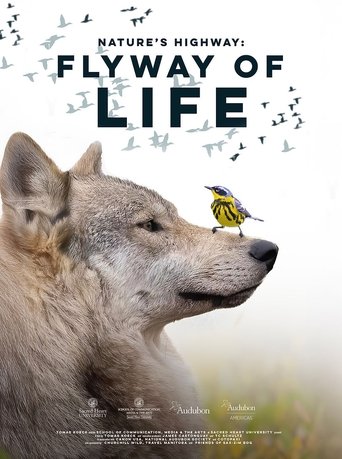
25 Apr 2025

The Atlantic Flyway, the easternmost migration path in North America, is among the most vital ecological phenomenons in the world. Join explorer Tomas Koeck as he examines several unlikely relationships along this massive migratory chain.
01 Nov 1944
No overview found

05 Dec 2022

No overview found
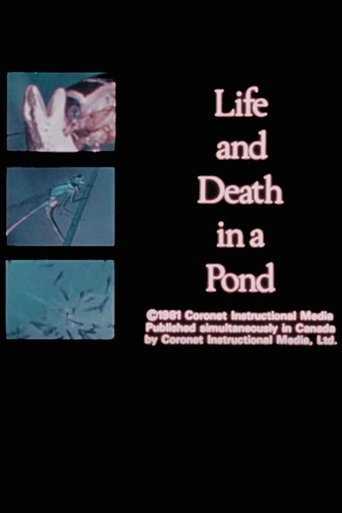
01 Jan 1981

An educational film about the life cycles of various types of pond life.
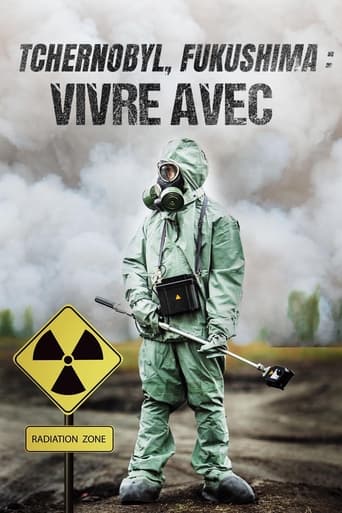
26 Apr 2016

30 years after the Chernobyl catastrophe and 5 years after Fukushima it is time to see what has been happening in the “exclusion zones” where the radioactivity rate is far above normal.
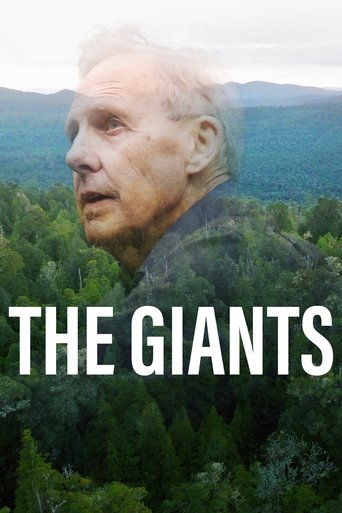
20 Apr 2023

A portrait of environmental folk hero & gay icon Bob Brown, who took green politics to the center of power. His story is interwoven with the life cycle of the ancient trees he's fighting for.
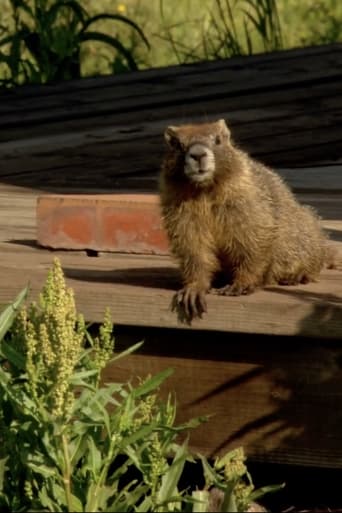
29 Jan 2008

The short documentary visits the groundhog research center in the Rocky Mountains of Colorado. It was made for Sony Home Entertainment's 15th anniversary edition DVD release of the 1993 film, "Groundhog Day." It was filmed on location at the silver mining ghost town of Gothic, Colorado, near Crested Butte. The Rocky Mountain Biological Laboratory has been located there since its founding in 1928.
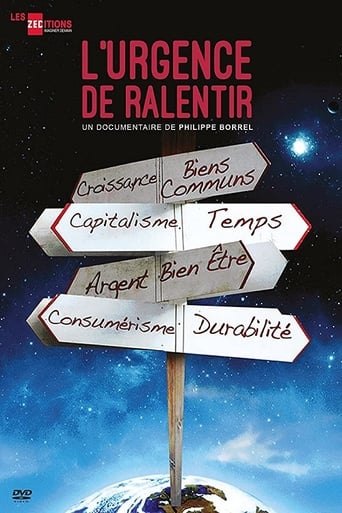
02 Sep 2014

No overview found
19 Mar 2024
No overview found
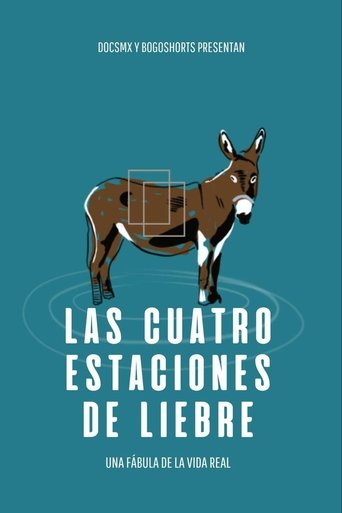
17 Oct 2024

No overview found
01 Jan 1954
No overview found
01 Jan 1954
No overview found
01 Jan 1954
No overview found